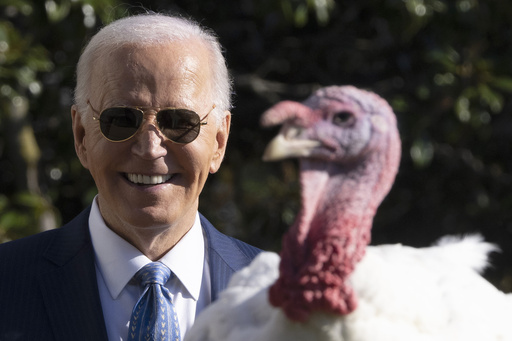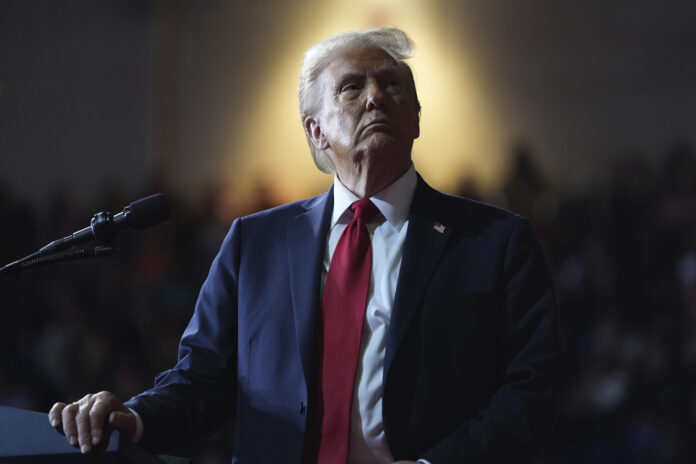President-elect Donald Trump’s favorability has surged to a post-election high, jumping six points to 54% approval, while outgoing President Joe Biden’s approval rating hit a four-year low at 36%, according to a new Emerson College poll.
Trump’s Favorability Soars
The 78-year-old incoming president saw one of his highest favorability ratings ever, with 54% of respondents approving and 46% disapproving. His favorability has risen notably among men (61%) compared to women (48%) and younger voters under 30, with 55% expressing positive views. Trump also garnered strong support from voters aged 40–59 (60%) and white voters (59%), with 53% of Hispanic voters and 28% of Black voters sharing favorable opinions.
This marks a stark turnaround from four years ago when Trump faced record-low favorability ratings following his 2020 election loss.

Biden’s Decline
President Biden, 82, recorded a 36% approval rating with 52% disapproving, the lowest Emerson has recorded in four years. This decline contrasts sharply with Trump’s post-election momentum and underscores Biden’s waning popularity as he prepares to leave office.
Reactions to the 2024 Election
The poll also revealed a sharp divide in voter reactions to the 2024 election results. While 71% of Trump voters said they were unsurprised by his victory, 67% of Vice President Kamala Harris’s supporters expressed shock at the outcome.
Transition Approval and Future Speculation
Trump’s handling of the transition earned him high marks, with 59% approving of his efforts, according to a CBS News/YouGov survey. Looking ahead to 2028, Vice President-elect JD Vance emerged as the top Republican contender with 30% support, while Kamala Harris led the Democratic field with 37%.
Biden’s Legacy and Trump’s Momentum
As Biden’s approval lags at 36%, Trump’s resurgence reflects his ability to galvanize support post-election. With a hypothetical rematch between the two now a possibility for 2028, their legacies—and the political dynamics they represent—continue to shape the national conversation.
The Emerson College poll, conducted from November 20 to 22, surveyed 1,000 voters with a margin of error of ±3 percentage points.


